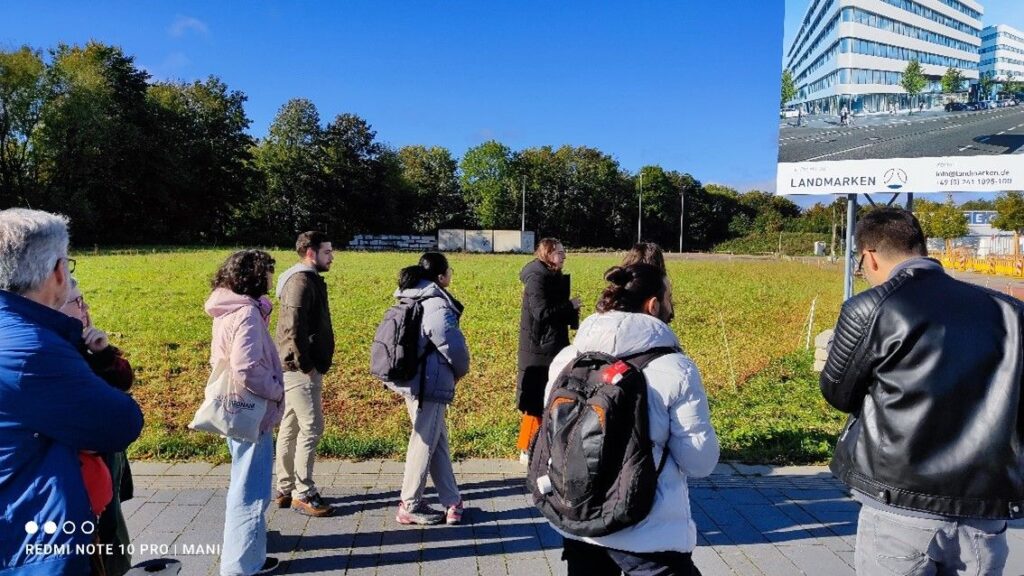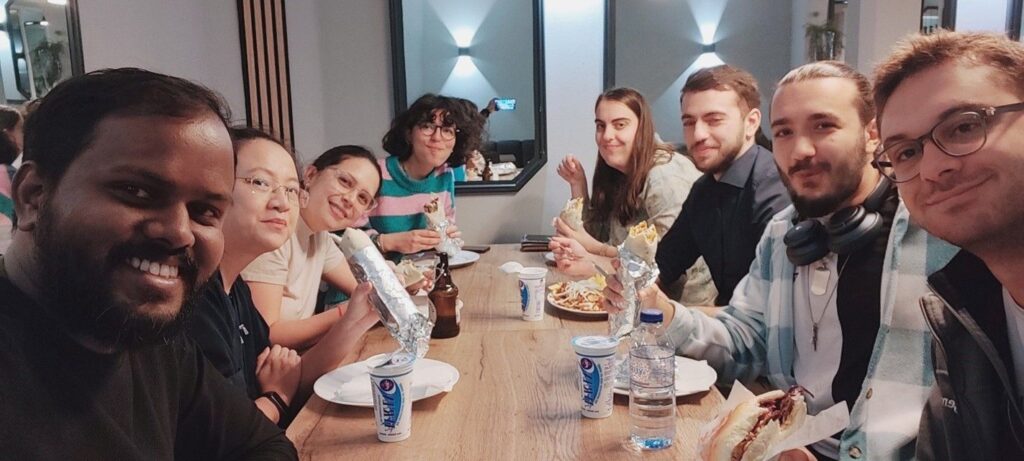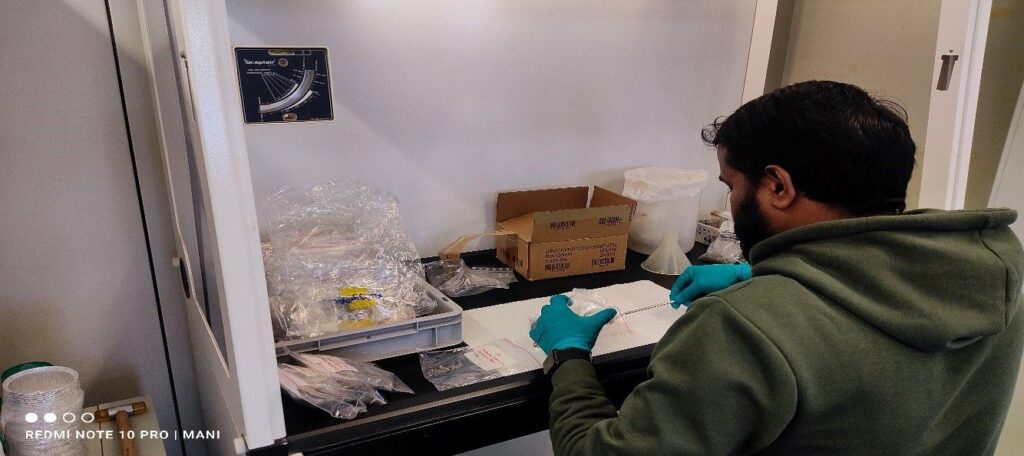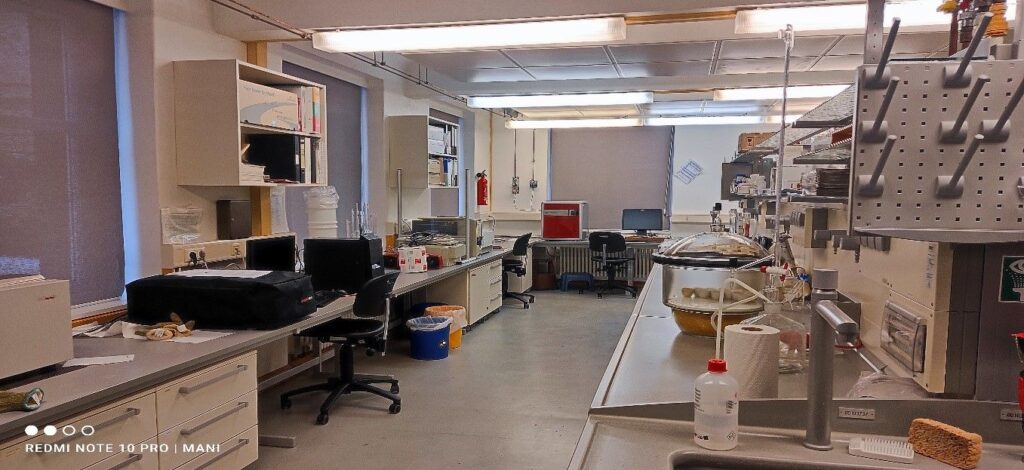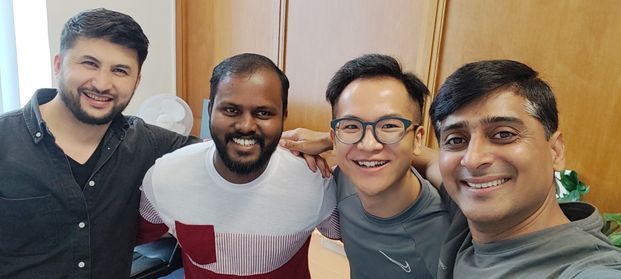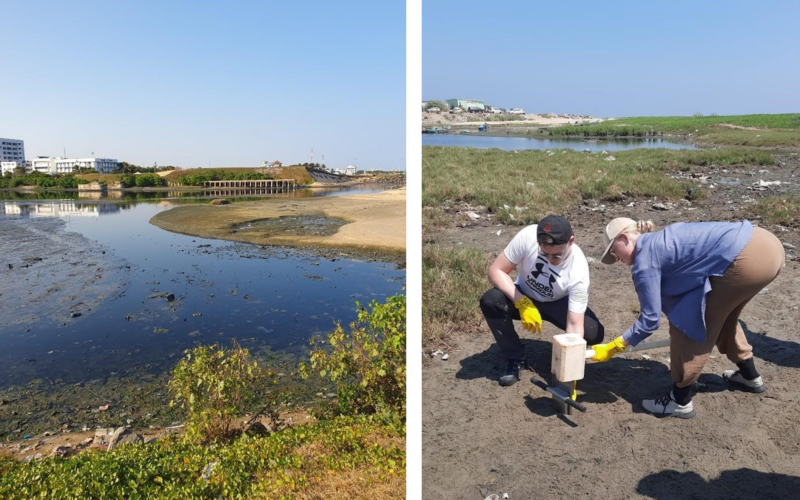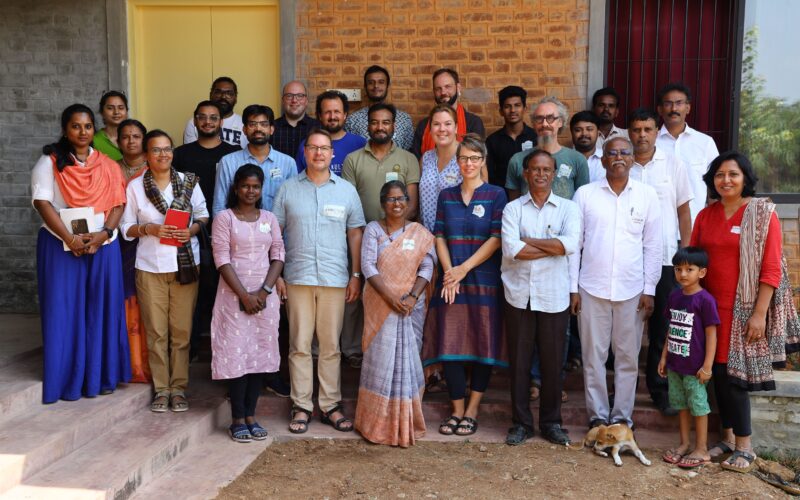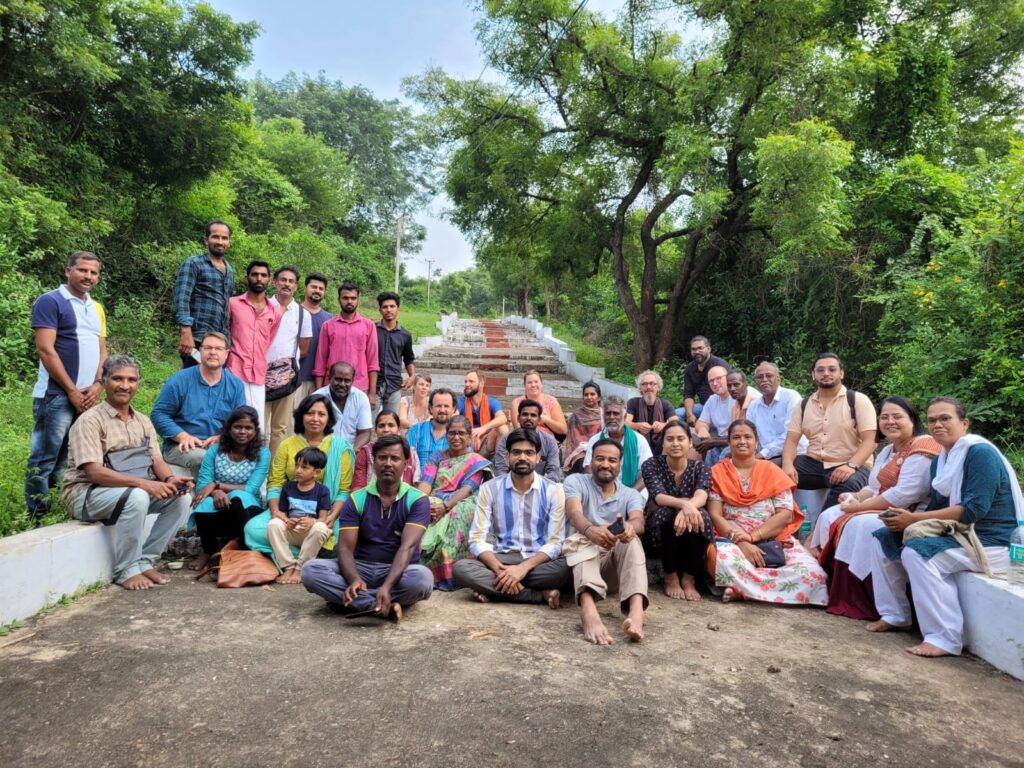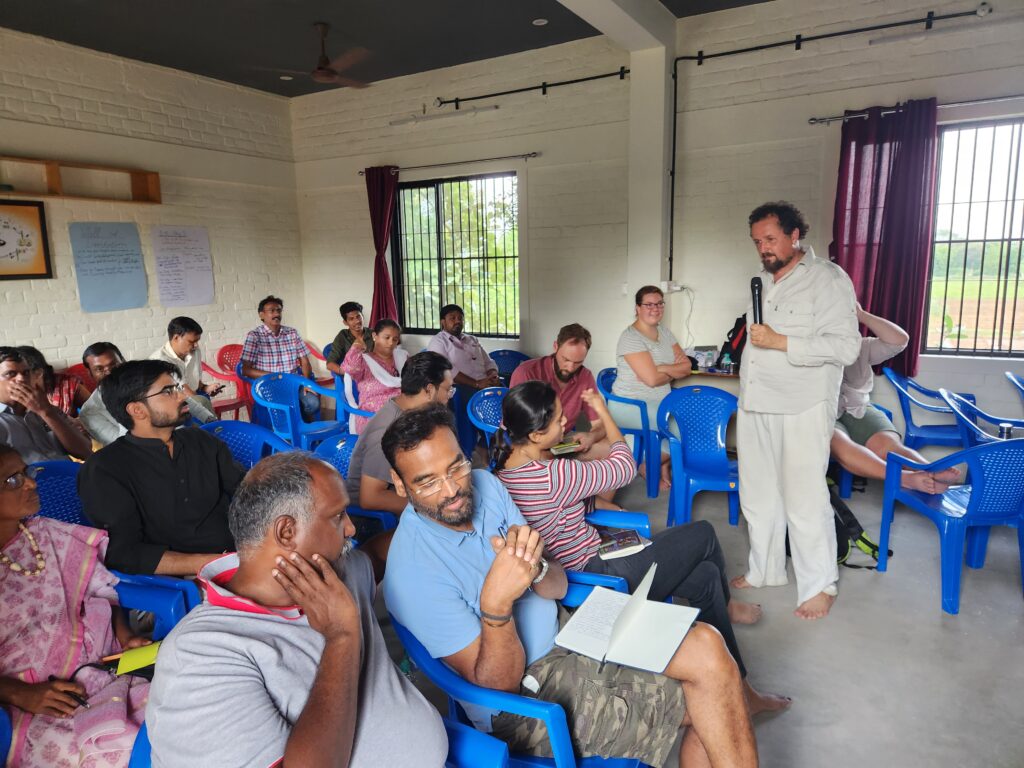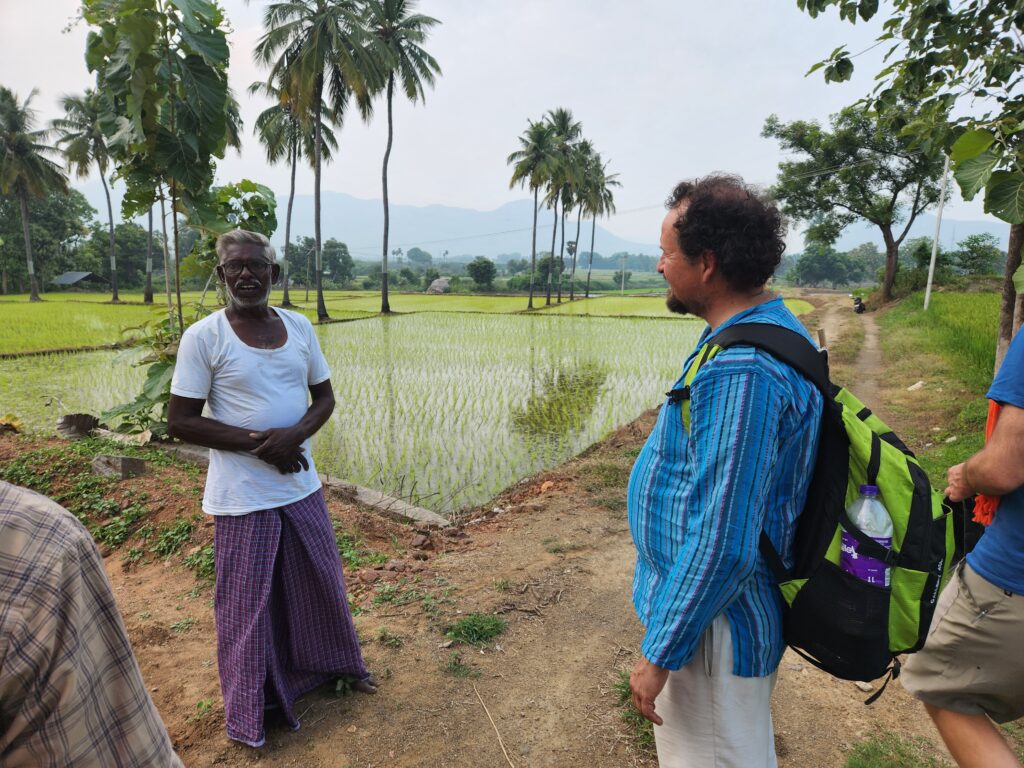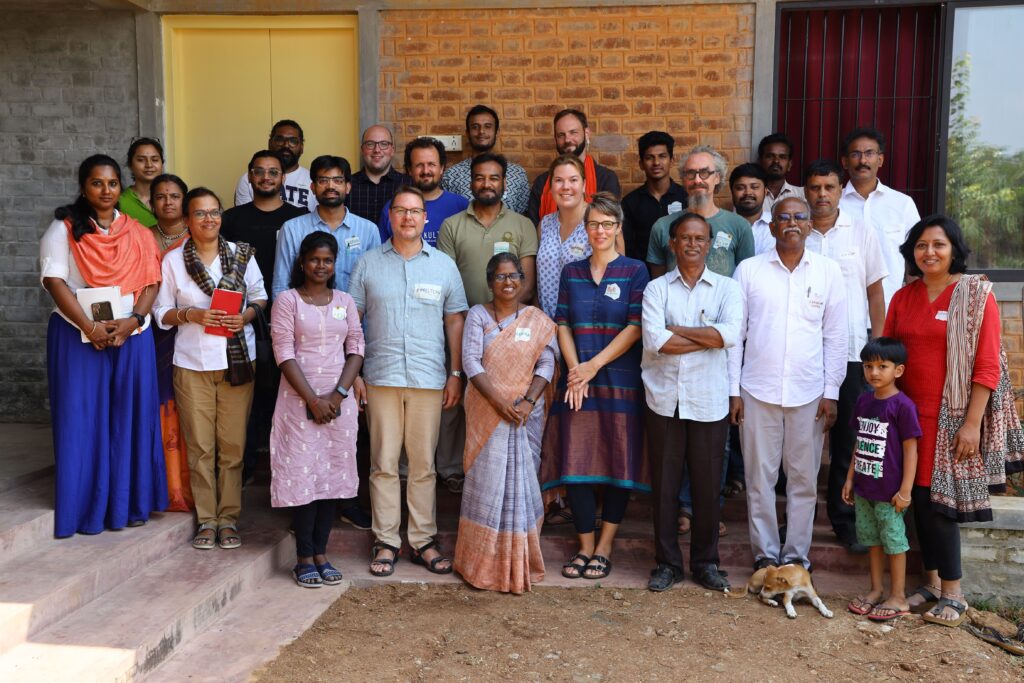Manikandan is a exchange scholar from University of Kerala at RWTH Aachen University, working under Prof. Klaus Reicherter. The IGCS team asked him to share his experiences doing a research exchange in Germany. He says:
“From the outset, the allure of studying abroad was coupled with the unique chance to immerse myself in an academic culture that seamlessly blended innovation, diversity, and rigorous scholarship. The IGCS scholarship funded by DAAD provided financial support and opened doors to a world-class research environment, facilitating my pursuit of knowledge in ways I had only imagined.
I am Manikandan Subramanian, and my research area is #OrganicPollution and #HeavyMetals in the shorelines of the #ArabianSea. I was driven to the team IGCS in the 2022 IGCS winter school 2022. My journey with IGCS started in 2022, and one of the most profound aspects of this scholarship was engaging with a diverse community of scholars. I met Prof. Klaus in IGCS winter school 2023 in Chennai, and during that time, I got this opportunity to work with him on the IGCS research grants in 2023.
The topic of my research collaboration with Prof. Klaus Reicherter is ‘Interstitial water-sediment characteristics from the #tsunami-affected areas of #Kollam and #Alappuzha shoreline, Southwest Coast, India.’ The mentorship I received from distinguished faculties of RWTH Prof. Klaus Reicherter, Prof. Jan Schwarzbauer, Prof. Sven Sindern, Prof. Volker Linnemann, Philipp Schulte, and Prof. Christian Maerz from The University of Bonn was shaping my research trajectory. The guidance and expertise provided not only refined my analytical skills but also encouraged me to push the boundaries of my research. Regular meetings, constructive feedback, and collaborative discussions fuelled my intellectual curiosity and passion for the subject matter. More than that, during my depression time, Prof. Klaus Reicherter made me strong, and his room door was always open for me to discuss anything between earth and sky. My colleagues in the office always create a comfort zone for me. The laboratory facilities provided by the university uplifted my research quality, and the support from the staff was commendable.
During my scholarship period since I arrived at Aachen, the International Office for Research scholar at RWTH regularly guided me, and they conducted melaten campus and city tours. From the tour, I made many international friends who work on different streams of research and are from different countries. Then, we had several gatherings in public places in Aachen.
I am profoundly grateful for the IGCS that made this international research analysis experience possible. These three months of immense intellectual and personal growth, from the 1st of October to the 31st of December 2023, equipping me with skills, knowledge, and a global perspective that will undoubtedly shape my future endeavours in academia and beyond.”
